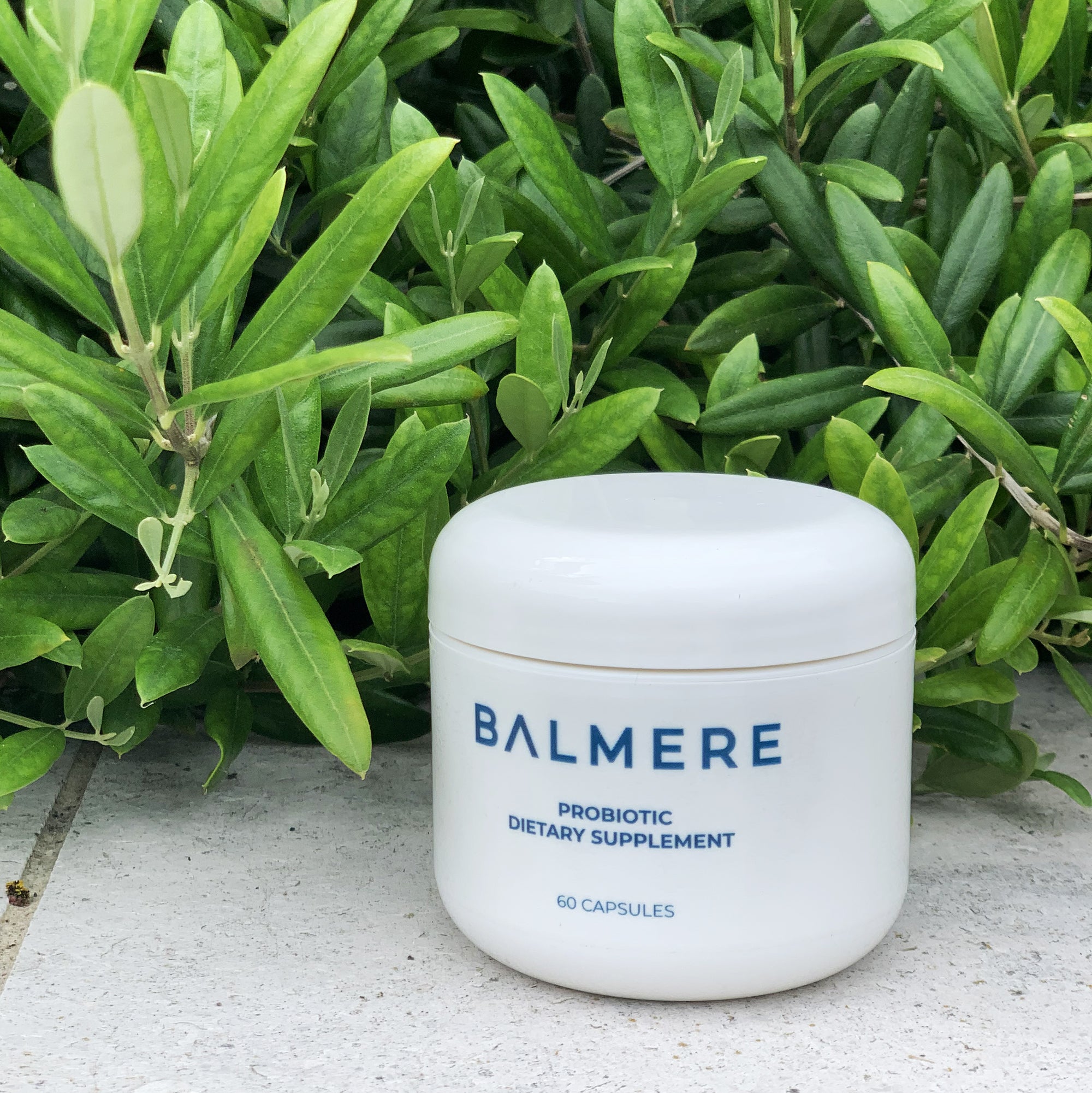
Chemotherapy treatment can make the skin of cancer patients more sensitive to the sun's harmful rays. Understanding the importance of sunscreen in protecting the skin during and after chemotherapy is crucial for the overall well-being of patients undergoing treatment. In this article, we will delve into the reasons why sunscreen is essential for chemotherapy patients and provide tips on selecting the right sunscreen and using it effectively to safeguard their skin.
The Effects of Chemotherapy on the Skin
Chemotherapy is a common treatment for cancer that works by killing rapidly dividing cancer cells in the body. However, the powerful drugs used in chemotherapy can also affect healthy cells, including skin cells. This can lead to various side effects, such as increased sensitivity to the sun's ultraviolet (UV) rays. You can also buy sunscreen for chemotherapy patients via Balmere.
Why Sunscreen is Vital for Chemotherapy Patients
- Chemotherapy can make the skin more prone to sunburn: The drugs used in chemotherapy can make the skin more sensitive to UV radiation, increasing the risk of sunburn even with minimal sun exposure.
- Protects against skin damage: Sunscreen helps protect the skin from the harmful effects of UV rays, including sunburn, premature aging, and skin cancer.
- Reduces risk of hyperpigmentation: Chemotherapy patients may be more susceptible to developing hyperpigmentation (darkening of the skin) when exposed to the sun. Sunscreen can help prevent this condition.
- Promotes skin healing: Using sunscreen can aid in the healing process of the skin during and after chemotherapy treatment, minimizing irritation and discomfort.
Choosing the Right Sunscreen
Key Factors to Consider
- SPF (Sun Protection Factor): Look for a broad-spectrum sunscreen with an SPF of 30 or higher to ensure adequate protection against both UVA and UVB rays.
- Physical vs. Chemical Sunscreens: Physical sunscreens containing zinc oxide or titanium dioxide are less likely to cause skin irritation and may be preferred for chemotherapy patients with sensitive skin.
- Fragrance-Free and Hypoallergenic: Opt for sunscreens that are fragrance-free and hypoallergenic to minimize the risk of skin reactions.
Application Tips
- Apply sunscreen generously: Use a liberal amount of sunscreen to cover all exposed areas of the skin, including the face, neck, and hands.
- Reapply regularly: Reapply sunscreen every two hours or more frequently if swimming or sweating to maintain adequate protection.
- Seek shade: Avoid prolonged sun exposure, especially during peak hours when the sun's rays are strongest.
Additional Sun Protection Measures
Clothing
Wearing protective clothing can provide an extra layer of defense against UV radiation. Consider the following clothing options to shield your skin from the sun:
- Long-sleeved shirts and pants
- Wide-brimmed hats
- Sunglasses with UV protection
Stay Hydrated
Proper hydration is essential for maintaining healthy skin, especially during chemotherapy treatment. Drink plenty of water to keep your skin hydrated and support its natural healing process.
Avoid Tanning Beds
Tanning beds emit harmful UV radiation that can damage the skin and increase the risk of skin cancer. Avoid using tanning beds, especially during chemotherapy treatment when the skin is more vulnerable.
Consult Your Healthcare Provider
Importance of Medical Guidance
Before starting any skincare regimen, including the use of sunscreen, it is crucial to consult your healthcare provider, especially during chemotherapy treatment. Your healthcare team can provide personalized recommendations based on your specific needs and medical condition.
By understanding the importance of sunscreen and taking proactive measures to protect your skin from the sun's rays, chemotherapy patients can promote skin health and overall well-being during and after treatment.